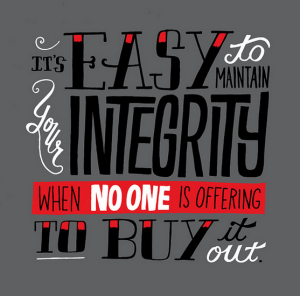Photo courtesy Chris Piascik via Flickr, unchanged, under CC License
What do you want to do when you grow up? It’s the quintessential question that adults feel compelled to ask kids and it happened again last week at an event I attended with my wife and two daughters. My daughters are wonderful conversationalists for their ages of 7 & 11 (if I do say so myself); we always get compliments on how polite, confident, articulate and kind they are when meeting new people or greeting old friends. And, of course, through these interactions, they’re inevitably asked that quintessential question, especially Sarah who is rapidly (way TOO rapidly) approaching her teens. On one hand, it’s a fair question. We as adults want to find out what they’re passionate about, perhaps because many of us are still looking for clues about what we want to do when we grow up. But on the other hand, as a father listening to this, I was struck with the idea that it’s really the wrong question to be asking.
I wish people would ask my daughters WHO they want to BE, not what they want to do. Who they are will apply regardless of the profession they choose.
According to Forrester Research’s Claire Schooley (as reported by Fast Company), today’s youngest workers will hold 12 to 15 jobs in their lifetimes. Which means that the question is no longer “What will you do?” You will “do” lots of things. So? “Who will you be?” That question is rooted in your values. What do you deem important and how will you show up in the world?
At a presentation to adult students last week someone stated that the kind of leader they want to be changes based on the industry and role they play. As you can imagine, with this blog post rolling around in my head, I challenged her premise. At first most of the students agreed with her until they began unpacking the question. WHO we are determines our leadership. Authenticity brings that leadership to life. In the immortal words of Popeye, “I’s am what I am what I am what I am.” Who you are goes with you wherever you go, regardless of the job or what you do. So who are you being? It’s a question based more in your values and behavior than your job. In fact, I would argue that happiness, the end goal for most of us, is attained by consistently BEING you, being truly you, regardless of what you’re doing. And stress is that condition created when we are being asked to behave or perform in a manner incongruent with those values or our integrity. You’re holding on to the values you cherish if you’re truly being yourself; that’s what’s going to matter long-term.

